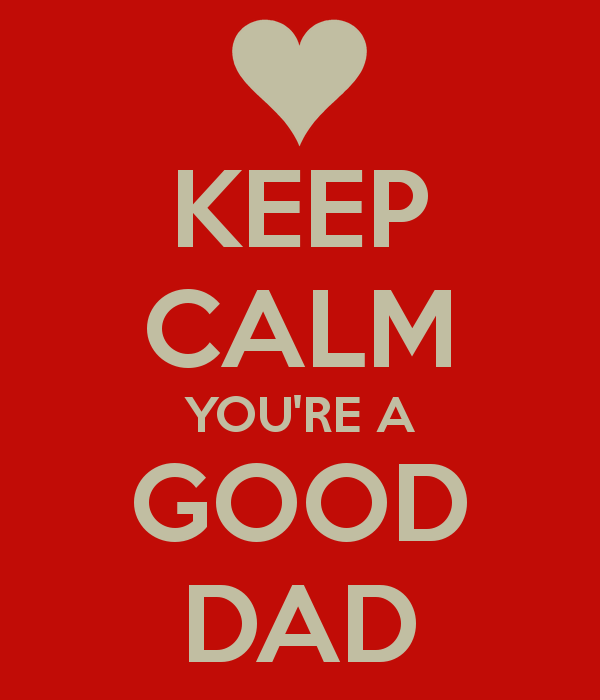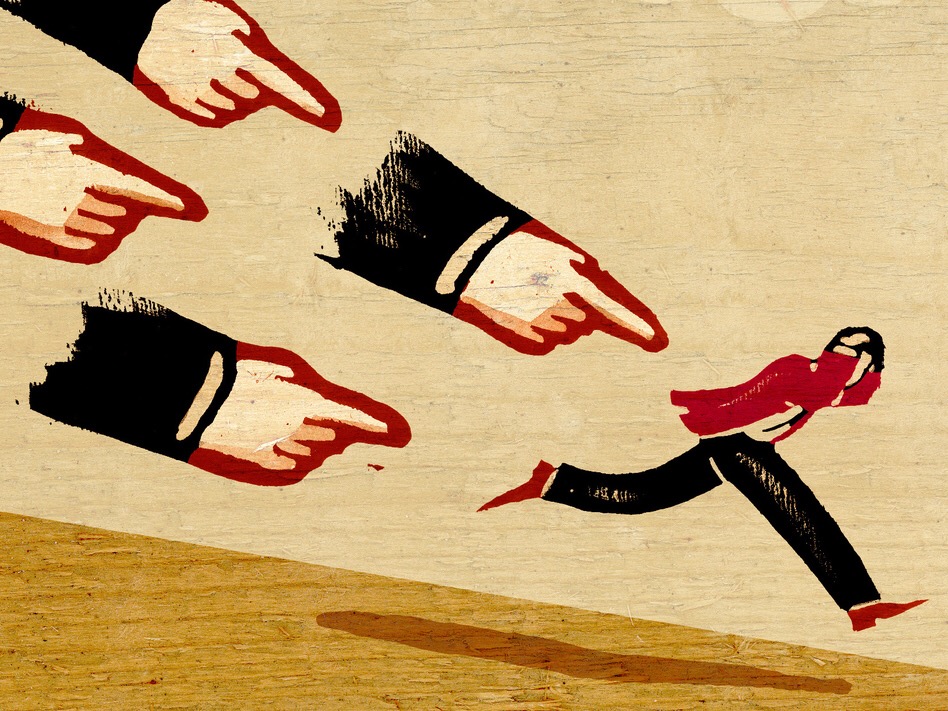Oh, the double standards.
Imagine a male boss who praised a woman for writing a good report in a way that makes it clear that he didn’t expect her to do it so well. Since it was a routine part of her job that was always held by a man, he was caught off guard by the ability of the woman who now held the position doing the task.
This is an analogy that I have seen on a number of occasions while raising my son and daughter. As some have called it, it is the “soft bigotry of low expectations.”
The suggestion that I am a good dad, suggests that fathers like me are less than “good” by nature. People who feel this way, remind me of those who say that people in my group of friends are “intelligent and articulate.”
By MATT VILLANO
NOVEMBER 9, 2012
An excerpt rom here: http://mobile.nytimes.com/blogs/parenting/2012/11/09/i-hate-being-called-a-good-dad/?referer=
It started the way all of our twice-monthly trips to Target do — the 1-year-old in a backpack on my back, the 3-year-old leading the charge, yanking my hand like a sled dog with a view of the open trail.
We charged through the automatic doors, waving at ourselves on the video screen as always. We grabbed a shopping cart. We stopped at the complimentary sanitary wipes. Then I engaged in what my Big Girl calls “the wipedown”: A comprehensive (read: wildly neurotic) disinfecting of any part of the cart she possibly might touch.
About halfway through the ritual — let’s estimate nine wipes in — I noticed a middle-aged woman watching us, smiling.
“You’re a good dad,” she remarked, in a tone that implied she had just seen a Sasquatch.
I replied politely only for the benefit of my daughters; inside, her unsolicited commentary had me seething.
Put differently: I absolutely hate it when strangers call me a “good dad.”
I mean, what characterizes a “good dad,” anyway? A dude who takes the girls to buy diapers and Ziplocs while Mommy is at work? One who sanitizes a shopping cart so his kids don’t pick up E. coli or some other bacteria? An hombre who speaks gently but firmly to his kids without engaging in behavior that could be construed as child abuse? A dude who doesn’t spend his days in the local dive bar, staring into a pint of Guinness?
If this woman had seen me 10 minutes before that moment at the carts, when I gave my toddler a time-out for kicking her baby sister, would she still consider me a good guy? What if she was in our house the day I stopped a temper tantrum by spraying my child with the kitchen sink hose? (Yes, I really did. It stopped the tantrum. Case closed.)
With no context — and no real basis for interpretation — the act of labeling someone a “good dad” suggests that most dads are, by our very nature as fathers, somehow less than “good.” That we don’t care. That we’re mostly cruel.
What’s more, the phrase evinces a heinous double standard: It’s not like strangers compliment women as being “good moms” for doting, loving and doing normal mom stuff.
I know the poor woman at Target probably meant what she said as a compliment. When other people in other settings say the same thing (and believe me, they do), these poor souls probably mean no harm, either. Still, without exception, every time I hear the phrase it comes across as a condescending commentary on fatherhood, and a patronizing pot-shot at me — a work-at-home father who cares for his kids the way any self-respecting parent would.
My outrage on this issue has historical precedent. Remember the days of United States Senator Barack Obama, back before our fearless leader became a two-time POTUS, when people described him as an “eloquent” black man? Pundits hemmed. Columnists hawed. Ultimately the consensus was that the adjective is racist, since it implies that African-Americans who don’t speak as clearly are in some way fundamentally inferior, and therefore worth less.
In my opinion, calling someone a “good dad” is no different.
Read the rest HERE



